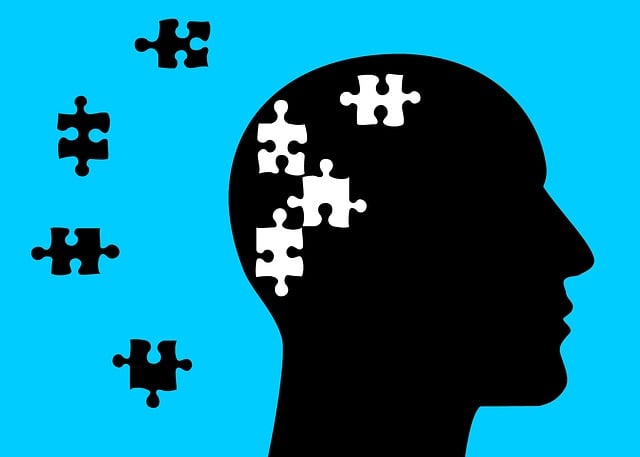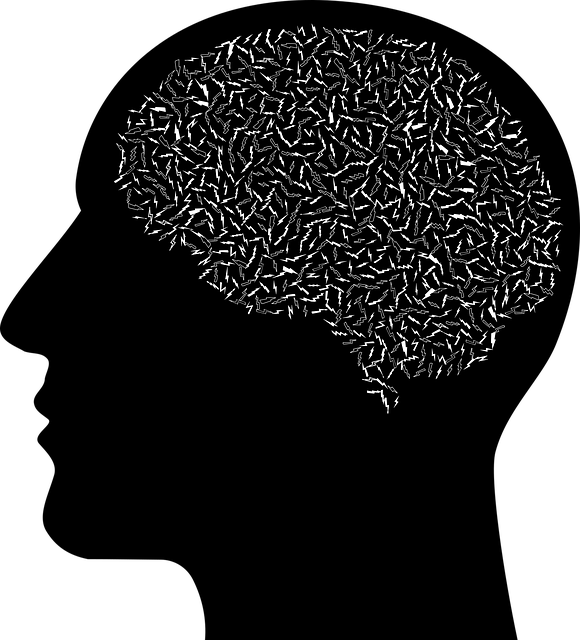Therapists treating elders in polyamorous and open relationships should adopt the RFM (Resources, Facilitators, Barriers) framework to address unique challenges around intimacy, communication, and emotional well-being. This model helps identify supportive resources, enhance connection facilitators, and overcome barriers, offering tailored care. In mental health policy, recognizing RFM is vital for inclusive practices addressing polyamorous individuals' specific needs. Resilience-building exercises, community outreach with compassion cultivation, and holistic approaches improve seniors' quality of life and intergenerational bonds. Integrating mindfulness, flexibility, and resilience (RFM) into daily routines through journaling, mindfulness exercises, or workshops promotes emotional well-being in diverse relationship contexts, especially for elders in therapy.
“Resilience is a cornerstone of well-being, especially within diverse relationship structures. This article explores RFM (Resilience, Flexibility, and Mobility), a powerful framework gaining traction in therapy for elders and polyamorous communities. We delve into the significance of RFM in fostering adaptability and emotional strength. With a focus on polyamorous and open relationships, we discuss how resilience-building exercises can enhance connection and satisfaction. Furthermore, practical tips are offered to help individuals integrate RFM into their daily lives, promoting mental agility and overall wellness.”
- Understanding RFM and its Significance in Polyamorous Communities
- The Impact of Resilience Building Exercises on Elderly Individuals
- Customizing RFM for Polyamorous and Open Relationships
- Practical Tips to Integrate RFM into Daily Life
Understanding RFM and its Significance in Polyamorous Communities

In the context of therapy for elders within polyamorous communities, Understanding RFM (Resources, Facilitators, and Barriers) is paramount. This framework helps therapists navigate the unique dynamics of polyamorous and open relationships, where individuals often face distinct challenges related to intimacy, communication, and emotional well-being. By identifying resources that support these relationships, facilitators that enhance connection, and barriers that might hinder growth, therapists can tailor their approach to meet the specific needs of each individual and couple.
In terms of mental health policy analysis and advocacy, recognizing RFM is crucial for developing inclusive practices that address the unique considerations of polyamorous individuals. Effective communication strategies and mood management techniques are vital facilitators here. Therapists play a pivotal role in fostering an environment where open dialogue about non-monogamous relationships is encouraged, promoting understanding and acceptance within broader mental health policies. This ensures that the specific needs and concerns of polyamorous communities are adequately addressed, contributing to improved mental health outcomes and policy equity.
The Impact of Resilience Building Exercises on Elderly Individuals

Resilience building exercises have been shown to significantly benefit elderly individuals, offering a unique form of therapy for elders navigating the complexities of life. These practices are particularly crucial in fostering emotional well-being and coping mechanisms among an aging population often facing various challenges, such as isolation, loss, and changing family dynamics. For those in polyamorous or open relationships, these exercises can provide a safe space to explore and express their unique connections, enhancing the overall resilience of these intimate networks.
Community outreach programs focused on public awareness campaigns development that emphasize compassion cultivation practices can greatly improve the quality of life for the elderly. By integrating these initiatives, society can create supportive environments where elders feel understood and valued, ultimately strengthening their ability to cope with stressors and maintain a sense of purpose. This holistic approach to resilience building not only empowers individuals but also enriches the social fabric by fostering deeper connections between generations.
Customizing RFM for Polyamorous and Open Relationships

In the context of therapy for elders navigating polyamorous and open relationships, adapting the Resource, Facilitate, Maintain (RFM) model can be transformative. RFM is a powerful tool traditionally used in customer relationship management, but its principles resonate deeply with the unique dynamics of non-monogamous unions. By personalizing this framework, individuals in these relationships can enhance mental health awareness and cultivate mental wellness.
For instance, “Resources” might encompass not only material assets but also emotional support networks, shared values, and unique interests that contribute to each partner’s sense of belonging. “Facilitate” could involve creating open communication channels, establishing boundaries, and developing strategies for managing jealousy or insecurity. Finally, “Maintain” would focus on cultivating ongoing connection, appreciation, and commitment within the relationship structure. Self-care practices such as mental wellness journaling exercise guidance can further support individuals in processing their experiences, expressing emotions, and reinforcing their resilience.
Practical Tips to Integrate RFM into Daily Life

Integrating RFM (Resilience, Flexibility, and Mindfulness) into daily life can be a powerful tool for everyone, especially those in therapy for elders or navigating polyamorous and open relationships. Start by incorporating simple mindfulness exercises into your morning routine. Take a few minutes to focus on your breath, observing its rhythm without judgment. This practice grounds you in the present moment and sets a calm tone for the day ahead. Additionally, keep a mental wellness journal where you reflect on your experiences and emotions throughout the day. Write down challenges faced and how they were overcome, celebrating both wins and learning opportunities.
For those seeking a confidence-boosting approach, consider structured stress management workshops or organization initiatives. These can provide guidance on effective coping strategies, such as progressive muscle relaxation or guided visualization techniques. Regularly engaging in these activities allows for better emotional regulation and enhanced resilience. Whether through journaling, mindfulness, or organized workshops, integrating RFM practices supports mental wellness and helps individuals thrive in all types of relationships.
Resilience, whether cultivated through RFM (Risk, Facilitating, and Mastery) exercises or other therapeutic methods, is a valuable asset for individuals in polyamorous and open relationships, as well as for the elderly. By understanding and implementing these concepts, communities can foster stronger, healthier connections that enhance overall well-being. For elders seeking therapy, resilience-building offers a pathway to navigate life’s challenges with renewed vigor, ensuring a higher quality of life. Incorporating RFM into daily routines can revolutionize how we approach relationships, promoting adaptability and growth in diverse social structures.













